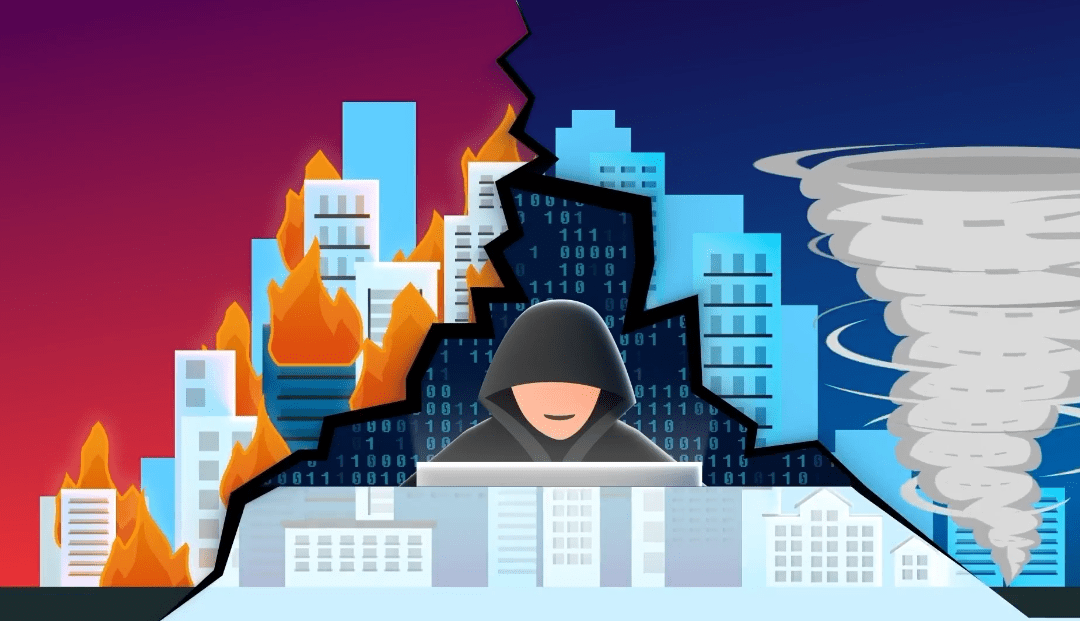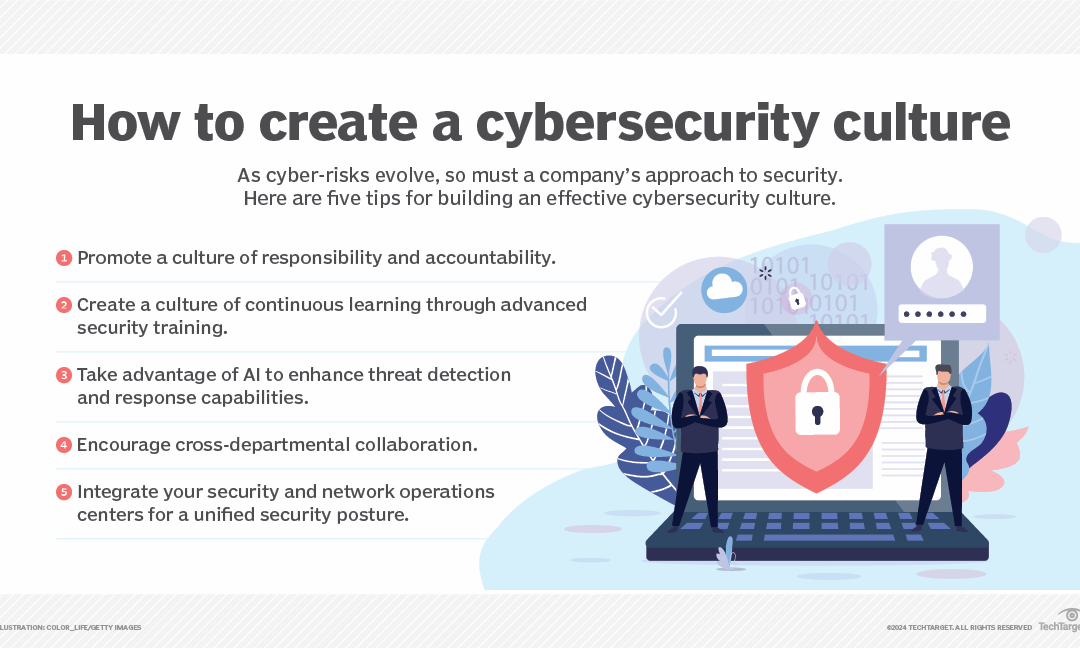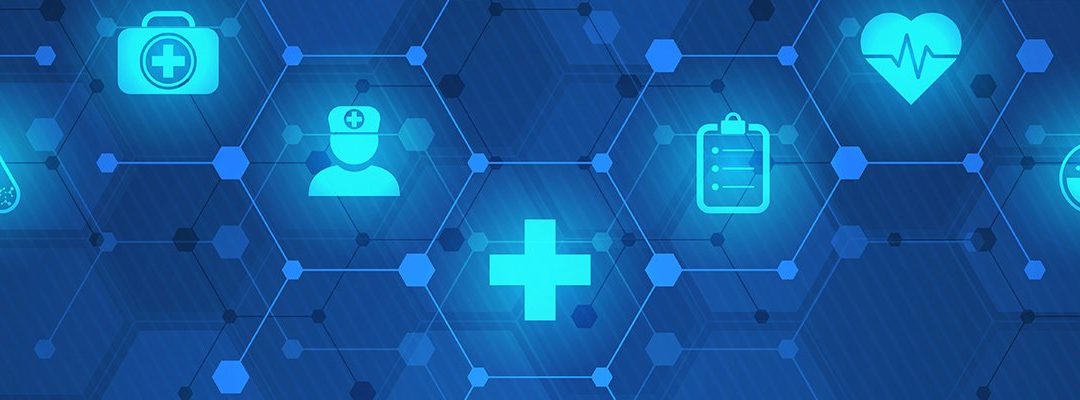Understand the Holiday Season Cyber Threats The holiday season is a time for joy, celebration, and generosity. However, this...


Understand the Holiday Season Cyber Threats The holiday season is a time for joy, celebration, and generosity. However, this...

Cybercriminals steal credit card? Cybercriminals have various methods at their disposal to hack and exploit credit card...

This in-depth cybersecurity planning guide provides information and advice to help organizations develop a successful strategy...

While home health agencies face distinct health IT challenges, collaboration and innovation are crucial for overcoming these...

The umbrella term malware is one of the greatest cybersecurity threats enterprises face. Learn about 12 common types of malware...
Healthcare Cybersecurity. In the realm of healthcare, cybersecurity is not just a matter of protecting data. It’s a vital component in safeguarding the very essence of patient care and medical ethics. As healthcare continues to evolve, integrating more sophisticated healthcare data technology. The importance of robust cybersecurity measures, including solutions like WIT Protect, has become more pronounced than ever. This article explores the most crucial aspects of cybersecurity in the healthcare sector. Highlighting the significance of HIPAA compliance, data protection solutions, and the unique challenges faced in this critical industry.
Healthcare institutions handle an enormous volume of sensitive patient information daily, making them prime targets for cyberattacks. The cybersecurity challenges in the healthcare sector are unique due to the nature of the data involved – personal, financial, and medical. Ensuring the security of this data is not just a legal requirement but a moral one.
The Health Insurance Portability and Accountability Act (HIPAA) in the U.S. and the Personal Information Protection and Electronic Documents Act (PIPEDA) in Canada are two regulatory frameworks that mandate strict compliance in managing healthcare data. HIPAA compliance and PIPEDA adherence require healthcare providers to implement rigorous data protection methods to safeguard patient information.
At the heart of healthcare cybersecurity are data protection solutions. These solutions encompass a range of strategies and technologies designed to protect patient information from unauthorized access, breaches, and other cyber threats. WIT Protect, for instance, is an exemplary model of a comprehensive cybersecurity solution that addresses the multifaceted needs of healthcare providers.
Encryption is one of the most effective data protection methods in healthcare cybersecurity. By converting sensitive information into a code to prevent unauthorized access, encryption ensures that patient data remains confidential and secure. This method is particularly crucial in healthcare device management, where mobile devices often store or access patient data.
Backing up data is a critical component in healthcare cybersecurity. It ensures that in the event of a cyberattack or system failure, patient data is not lost and can be recovered quickly. This aspect of cybersecurity is essential in maintaining healthcare data quality standards, as it provides a fallback option to preserve the integrity and continuity of patient care.
For healthcare providers, adopting a holistic approach to cyber and data security is imperative. This approach includes regular risk assessments, employee training on cybersecurity best practices, and the deployment of sophisticated cybersecurity solutions like WIT Protect. Such comprehensive strategies are vital in defending against increasingly sophisticated cyber threats.
While protecting patient data is paramount, healthcare cybersecurity also encompasses safeguarding the entire healthcare data technology ecosystem. This includes securing networks, devices, and applications that are integral to healthcare operations. Healthcare device management plays a critical role in this aspect, ensuring that all devices used within the healthcare environment are secure and do not pose any risk to the network or data.
Maintaining healthcare data quality standards is a significant aspect of healthcare cybersecurity. These standards ensure that the data used in patient care is accurate, accessible, and secure. The implementation of advanced healthcare data technology, fortified with cybersecurity measures, facilitates the achievement of these standards.
Cybersecurity in healthcare is not a one-time task but a continuous process. As technology evolves and cyber threats become more sophisticated, healthcare providers must remain vigilant and proactive. Regularly updating cybersecurity protocols, conducting cybersecurity audits, and staying informed about the latest cyber threats are crucial steps in maintaining a secure healthcare environment.
WIT Protect emerges as a comprehensive solution in this landscape, offering an all-encompassing cybersecurity shield for healthcare providers. From data encryption and backup solutions to compliance with HIPAA and other regulatory standards, WIT Protect addresses the myriad challenges of cybersecurity in healthcare.
The most important aspect of cybersecurity in healthcare is its holistic integration into every facet of healthcare operations. From securing patient data with advanced solutions like WIT Protect to ensuring compliance with HIPAA and other regulations. Cybersecurity in healthcare is about building a resilient, secure, and trustworthy environment for both patients and providers.
While there are many facets to cybersecurity in healthcare. The amalgamation of these aspects into a cohesive strategy is what truly safeguards the sector. By prioritizing cybersecurity, healthcare providers can ensure the safety, privacy, and trust of their patients. Ultimately leading to better healthcare outcomes.
Worried about being a target for phishing attacks? Protect your company today!
Understand the Holiday Season Cyber Threats The holiday season is a time for joy, celebration, and generosity....
Cybercriminals steal credit card? Cybercriminals have various methods at their disposal to hack and exploit credit...